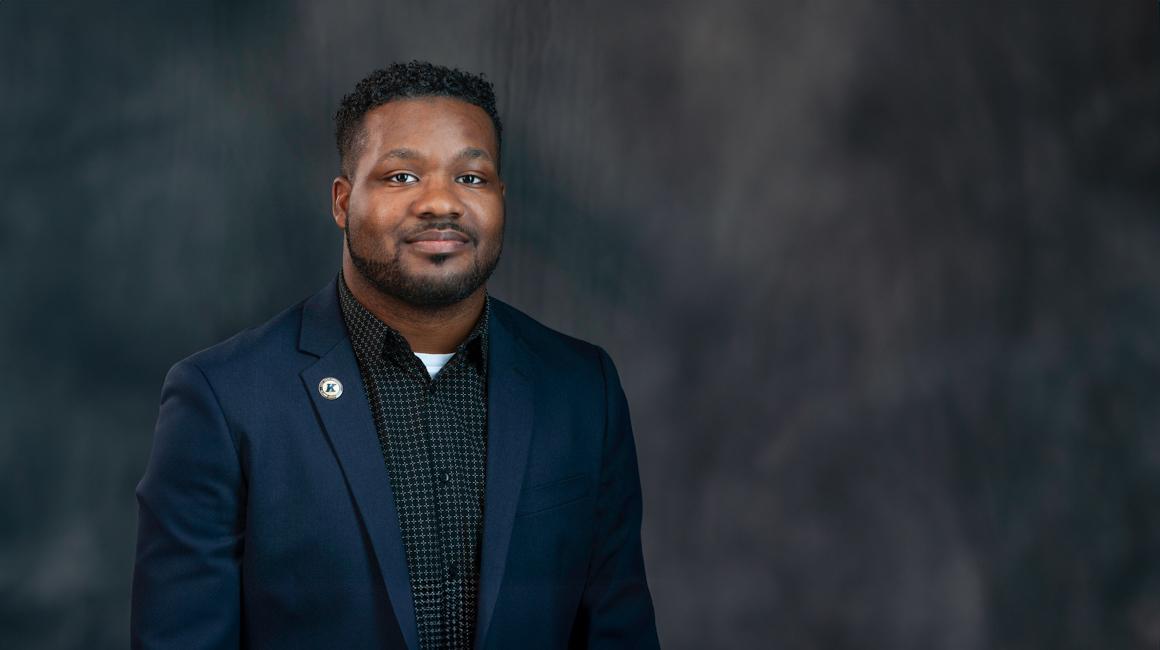Get to Know Your Professor: Dr. Christopher Harris
Dr. Christopher Harris teaches educational psychology in our School of Education Duquesne. In this Q&A interview, he emphasizes the importance of equitable education and the agency teachers have to make an impact in lives of young students. Dr. Harris shares why he was inspired to become a teacher and reflects on the importance of authenticity as a teacher and in life. He hopes to empower and inspire his students to be changemakers.
In his research, Dr. Harris focuses on the self and identity development of K-12 Black and Brown students, the psychological and cultural impact of stress on minoritized populations and the re-examining of educational psychology theories to better align them with the diverse experiences and needs of today’s learners. Learn about Dr. Harris and his work.
Q&A with Dr. Harris
My favorite place to eat in the city is a restaurant called Carmi Soul Food.
Currently, I have two articles under review that explore the connection between K-12 curriculum and its impact on the racial identity development of Black students, and I have an article that is soon to be published through The Journal of Urban Learning, Teaching, and Research (JULTR) that discusses the issue of book banning and educational censorship and how Black teachers may be affected.


